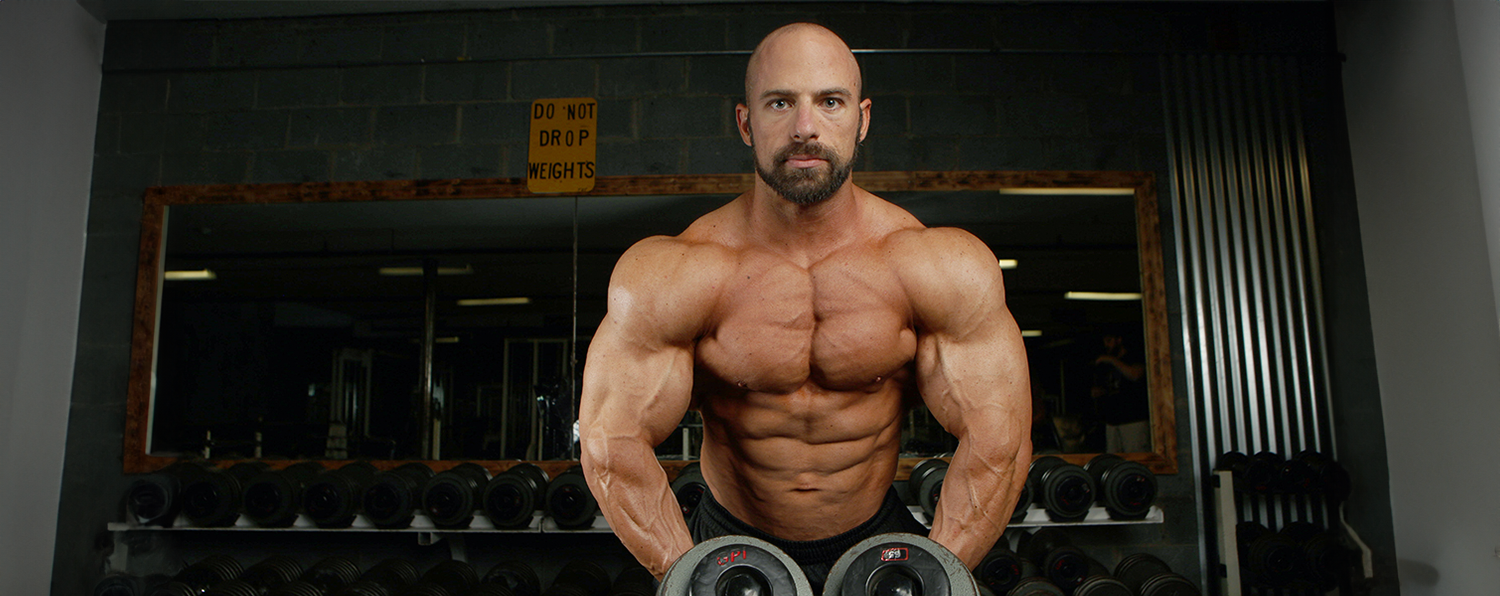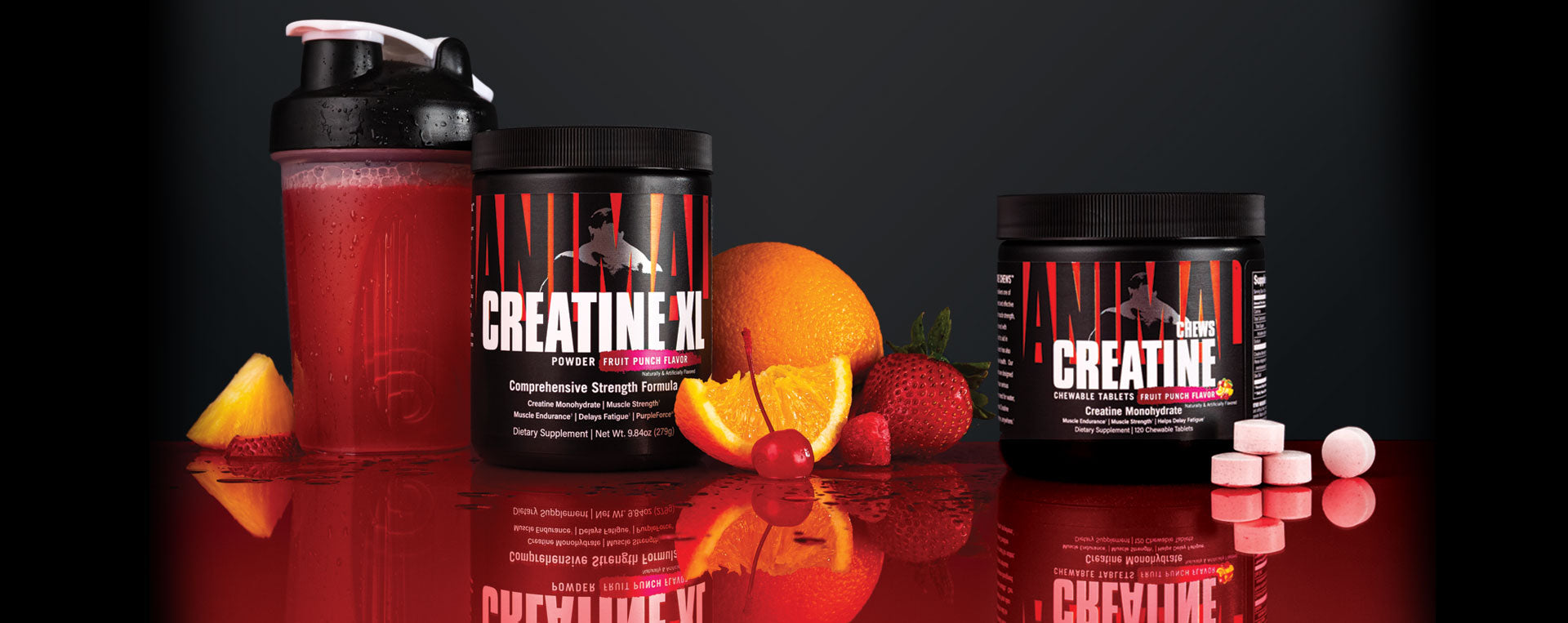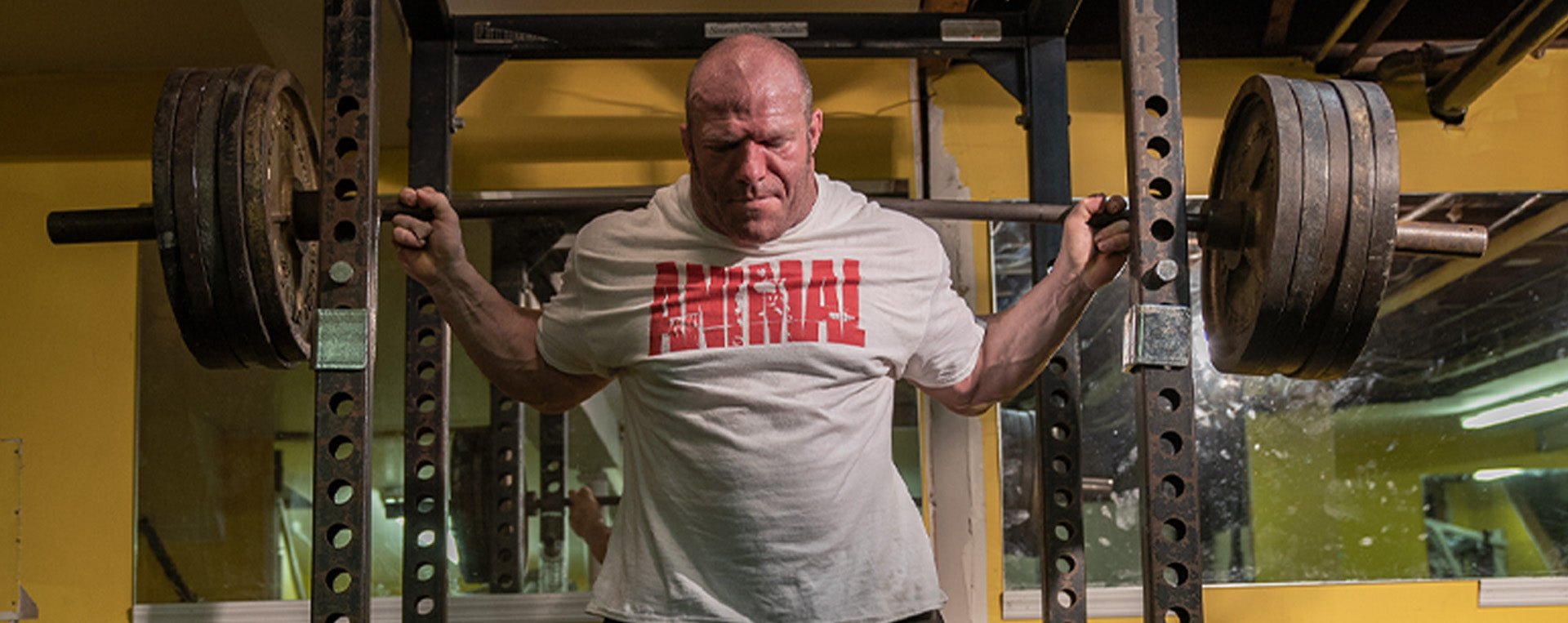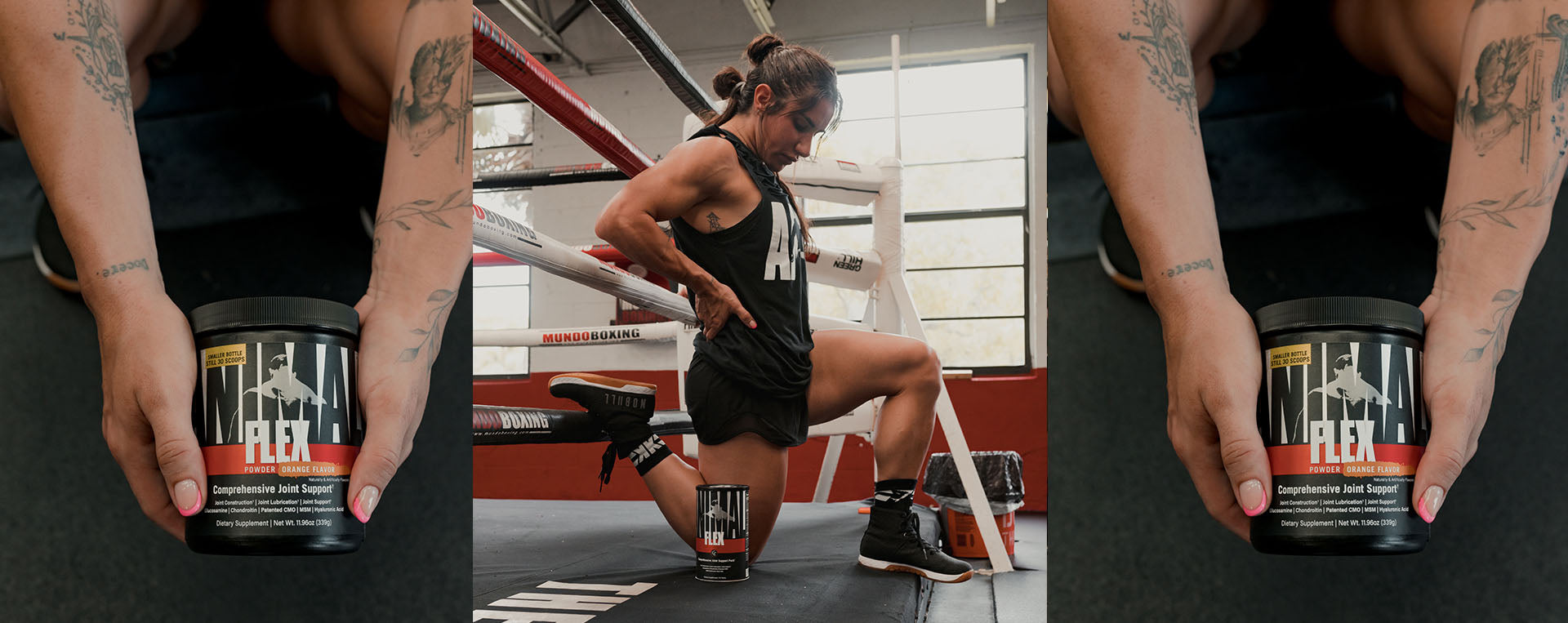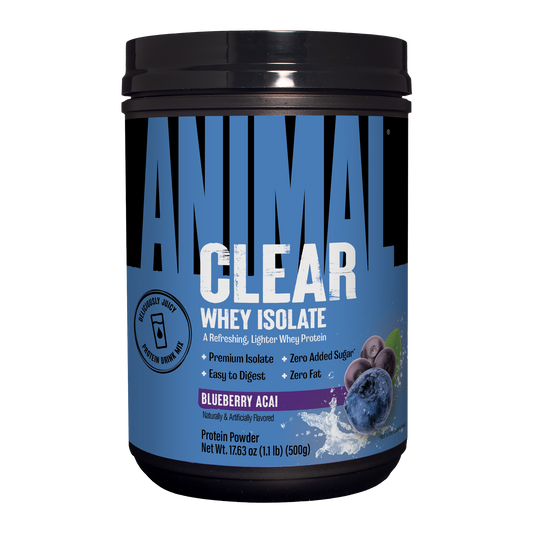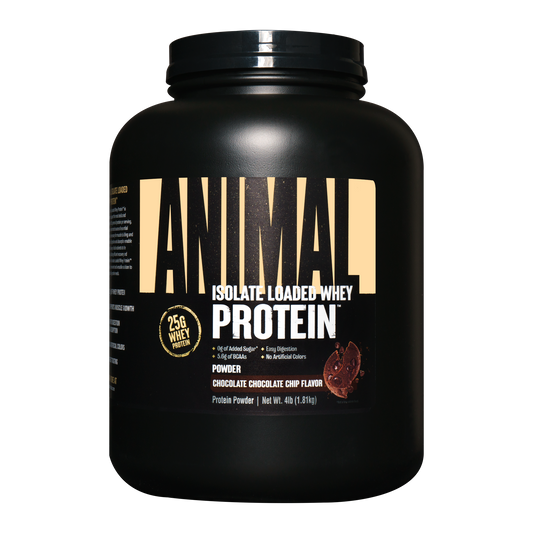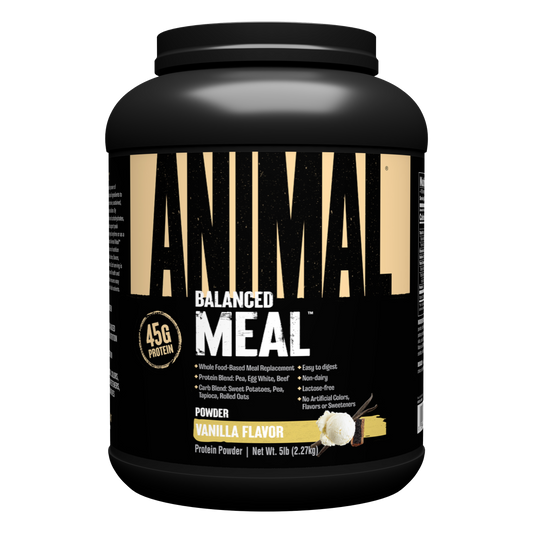“You will never look like this unless you take steroids!” I was told this in 6th grade by my neighbor who gave me my first training plan. He had Flex Magazine in his hand and was pointing at a current IFBB Pro featured on the cover. At that time, all I had to learn from was bodybuilding magazines—I had no idea what was possible or what was used to achieve the physique of these mass monsters.
This was my first exposure to the reality of Physique Enhancing Drugs (PEDs) and building muscle in general. It was a bit discouraging hearing my neighbor say that to me, but in hindsight I appreciated the truth as no one else was telling it to me. This showed me that there were limits and many unknowns to genetic potential. There were variables within my control and variables that weren’t. After hearing that, I would look at the IFBB Pros and think, like many, they must be using a whole pharmacy’s worth of PEDs to get that big. It was a quick way to write off their hard work and my lack of progress. It also showed my ignorance.
Fast forward to me today as an actual IFBB Pro gracing the Olympia stage—I have seen it all and been through enough to tell you this is not the whole truth. I’d like to share the truth with you like my neighbor did with me but through a more scientific lens. You’ll see that genetic response is a large limiting factor in training, nutrition, and PEDs. You’ll also see that your mind is the largest limiting factor and learn what you can do about it.
Genetic Difference in Training Response
I remember bench pressing 185 lb as a freshman in high school on the football team in our off-season training. While this was no great feat of strength, I was only 135 lb at the time. This was also more than all of our lineman on the team could do. I had a propensity to gain strength but not as much for size. I remember another guy in my school that never lifted but looked jacked all through high school…what the hell? I figured being so strong I would be big too, so what gives?
A huge factor is our genetic disposition to the training response. Some people get big, some strong, some all of the above. If we look at the top-level bodybuilders, most of them fall into the all-of-the-above category. We can even see them doing what might be considered suboptimal training and still far exceed amateurs that are doing it all correctly by the book.
There are some interesting studies that look at low responders to training. These low responders typically have fewer expression for genes that are related to muscle hypertrophy; some subjects gain 3-4 times the muscle mass of other subjects(1). In one study, subjects were separated by specific genotypes—a Power gene group and an Endurance gene group—and were then trained for 8 weeks with both groups either doing low-volume heavy loads (10 sets x 2 reps) or high-volume lighter loads (3 sets x 10, 15, 20 reps). Lo and behold, when subjects were trained to their matching gene disposition, they had 3-4 times the hypertrophy response than those matched to the opposite style of training.
Genetic Difference in Nutrition Response
Nutrition is no different from training. Our genetics greatly influence the nutrition metabolic response. My high school experience, when I was trying to gain weight and utterly failing at the task, is a good example. I ate large pizzas for lunch and 1000-calorie shakes morning and night; still the scale would barely budge. My friend was training with me at the time and followed a similar “diet” plan. He gained about 15 lb over our junior year summer break, most of which was body fat, but I still had 6-pack abs. Genetic response at work.
Let me take you back to research nerdville to explain some of the nutrition response variations we see. We can overfeed subjects on the same caloric amount, but some will gain weight, some will gain nothing, some will lose weight. One study in particular had subjects overfeed on a 1,000 calorie surplus for 84 days. One subject gained 30 lb while another subject only gained 10 lb. This just shows that each of us handles a calorie surplus or calorie deficit very differently. We see this in both muscle gain and fat loss as well. Going back to my friend from high school, when he increased his food, he easily increased body weight. I, however, would adapt to the surplus. I probably needed to push the food even harder to gain (2).
Differences can be seen in carbohydrate, fat, and even protein metabolism (3). One person might have a large glycemic response eating 200 g of potato while another person might not, which can explain why some people could be genetically predisposed to insulin resistance and diabetes. Our response to foods can vary by a lot. Those in the elite bodybuilding genetic pool can eat high food volumes, stay lean, and enjoy dramatic shifts in body composition with small diet changes when it’s time to prepare for a show. What’s more common is the average genetic lifter who struggles to bulk while limiting fat gain. Unlike the super human with genetic gifts, they grind life away on prep with minimal food and high cardio.
Genetic Difference in Physique Enhancing Drug (PEDs) Response
“Look how big those guys are!” “Yeah, but they take steroids.” I’ve heard this said multiple times. It can write off the efforts of top pros under the assumption that they build their physiques only through the use of PEDs. These elite pros are already hyper-responders to training and nutrition, and their response to steroids and growth hormone is no different. They are going to get more out of using a lot less than the “normal” or “low” responder individual while incurring fewer side effects.
We can look at several genetic aspects for individual responses to PEDs. We all have variation in how we metabolize drugs and what response that drug will produce on an individual basis. A great example is the metabolism of injectable testosterone. Generally speaking, there is a lot of research on this particular drug as it is highly used in clinical application and in steroid users.
Injectable testosterone is attached to an ester, which must be removed by the body in order for free form testosterone to move throughout the serum. This is what binds to androgen receptor sites causing increased protein expression and muscle mass accrual. Phosphodiesterase (PDE7B), an enzyme responsible for this process, has also been found to have gene polymorphism that codes for differences in PDE7B, resulting in different serum levels of testosterone. This genetic polymorphism was studied in subjects given 500 mg intramuscular injections of testosterone enanthate in an investigation of the difference in serum testosterone levels (4). Subjects with a specific variation in the gene were classified as “hyper-responders” and had testosterone levels 3 times higher than “low-responders.” Keep in mind this is the same dosage but with 3 times the response. These hyper-responders are getting more out of the same dosage and likely what we are seeing in bodybuilding’s genetic elite.
This is only one example, but imagine the entire cascade of events that happens when a drug is introduced—from levels rising in the serum, binding to a receptor, and stimulating the cascade pathway, to the genes being transcribed and their response. Each step varies from person to person. So to say anyone on anabolic steroids, growth hormone, or insulin will be a pro or can gain the same amount of muscle as a pro is not correct at all.
The Willpower of a Pro
I know all of this information sounds bleak as there are many aspects beyond our control, but hang in there with me. We cannot change our genetic make-up or our response to training, nutrition, or PEDs. Only the genetic elite will be able to reach the highest level in bodybuilding. The synergy of genetics optimal to training response, eating and gaining muscle with limited body fat, and hyper-response to PEDS is really incredible. It can set a platform for the potential to be the best in the world. I say potential because this does not mean the elite will coast by on easy street. These people are among the most driven athletes of the sport because, even at the genetic elite level, it all washes out. You still have to out work the other person—hard-ass work is the only card left to play. So why not play that card from the beginning?
You cannot control genetics, but you can control your drive to put every ounce of effort into training, nutrition, lifestyle, and keeping a strong mental outlook. You will out work many guys with “superior” genetics on this alone. I have seen it done. There are so many athletes who are told they would never make it to a high level but go on to achieve incredible feats. I know many of us want to know our potential—to see if we have what it takes to make it to the pro level—but you won’t know unless you go for it. Maybe you won’t be a pro, but on the journey you might find the best version of yourself and see into fruition your greatest potential. PEDs won’t dictate that.













